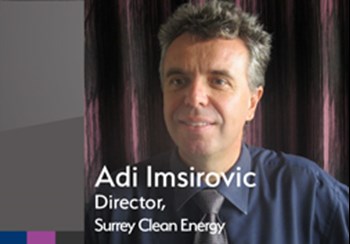Oil and gas must face climate change head on
Pushing for more fossil fuels is counter-productive to hydrocarbons’ important long-term role
The IEA has faced an onslaught of criticism from both the left and the right of the political spectrum since the publication of its Net Zero by 2050: A Roadmap for the Global Energy Sector report in May 2021. However, the fiercest criticism has come—directly or indirectly—from some quarters of the oil and gas industry itself: from Saudi oil minister Prince Abdulaziz bin Salman calling it “La La Land” to the report by the Energy Policy Research Foundation (EPRF) labelling it as a “seal of approval… to block investment in oil and gas production by Western companies”. The EPRF describes itself as a “not-for-profit organization that studies energy economics and policy issues with special emphasi

Also in this section
27 February 2026
LNG would serve as a backup supply source as domestic gas declines and the country’s energy system comes under stress during periods of low hydropower output and high energy demand
27 February 2026
The assumption that oil markets will re-route and work around sanctions is being tested, and it is the physical infrastructure that is acting as the constraint
27 February 2026
The 25th WPC Energy Congress to take place in tandem as part of a coordinated week of high-level ministerial, institutional and industry engagements
27 February 2026
The deepwater sector must be brave by fast-tracking projects and making progress to seize huge offshore opportunities and not become bogged down by capacity constraints and consolidation








